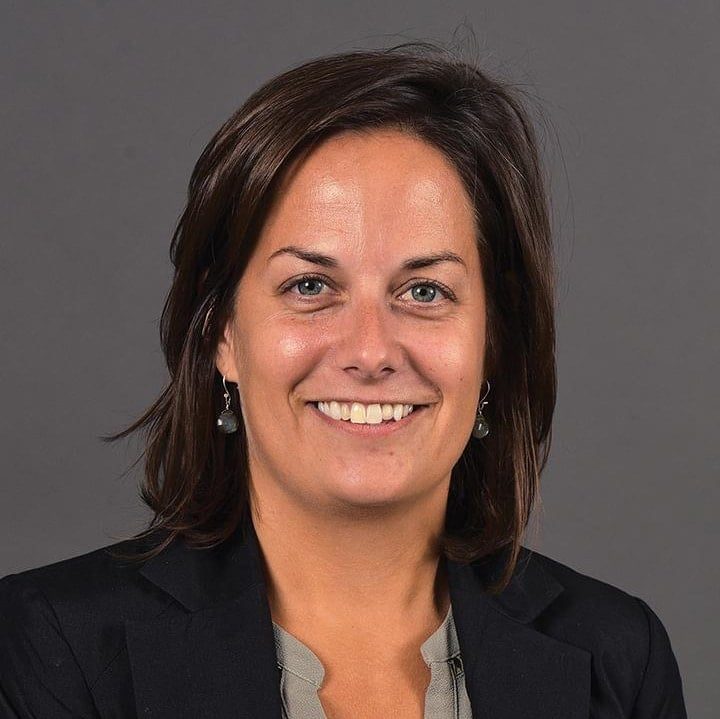
Incorporating Social Peers into ABA Instruction to Teach Social Skills
Kate LaLonde & Kenzie Gatewood
Young children with autism often have difficulty cultivating friendships due to the language and social deficits associated with the disorder. Additionally, therapeutic environments may not be arranged to promote social interaction between individuals with autism and those without autism. As such, individuals with autism often lack appropriate models for language and social skills. Further, therapists face multiple challenges in creating therapeutic environments that mimic real-life settings in which children would apply these skills. A possible solution is to include children with autism in education and social settings with neurotypical children. This presentation will outline how to use Applied Behavior Analysis (ABA) therapy in inclusive pre-school settings. The strategies outlined have been developed and evaluated at Michigan State University’s Early Learning Institute, an inclusive, early intensive behavior intervention center for young children with autism. Specific strategies discussed will include language and social skills training, facilitating activities between children with and without autism, and incorporating children with autism into typical routines observed in preschool settings.
Presented at the 2017 Michigan Autism Conference
Kate LaLonde, Clinical Director at Early Learning Institute (ELI) and an Assistant Professor with a joint appointment in Counseling, Educational Psychology & Special Education (CEPSE), Human Development and Family Studies. LaLonde is an assistant professor of special education, a Board Certified Behavior Analyst – Doctoral (BCBA-D) and the Clinical Director of the Early Learning Institute. Her research focuses on using behavior analysis to solve socially significant problems. She spent time in Tanzania as a researcher at APOPO (https://www.apopo.org/en/), an NGO using operant conditioning procedure to teach giant African pouched rats to detect landmines and tuberculosis. Her research also focuses on problems often observed in individuals with autism spectrum disorders and other developmental disabilities. She is specifically interested in increasing vocal speech, complex social skills, and physical activity in children and adults. She has also published in natural environment teaching and behavioral gerontology.
